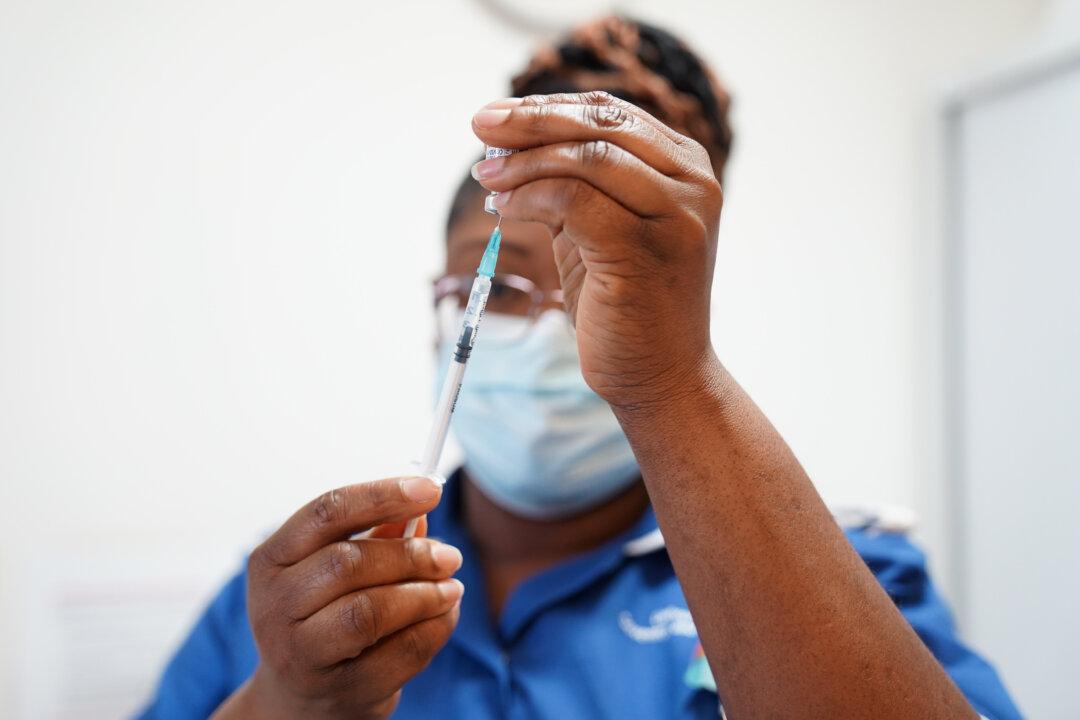Applications in England to university nursing programmes have fallen by 9.8 percent in a year, resulting in leading nurses calling for government action as the NHS grapples with more than 42,000 vacancies in the profession.
Data provided by the Universities and Colleges Admissions Service (UCAS) on Feb. 15 revealed that there were 24,680 nursing applicants to higher education providers in England by the January 2024 deadline. This represents a fall of 9.8 percent from last year, when there were 27,370 applications.





